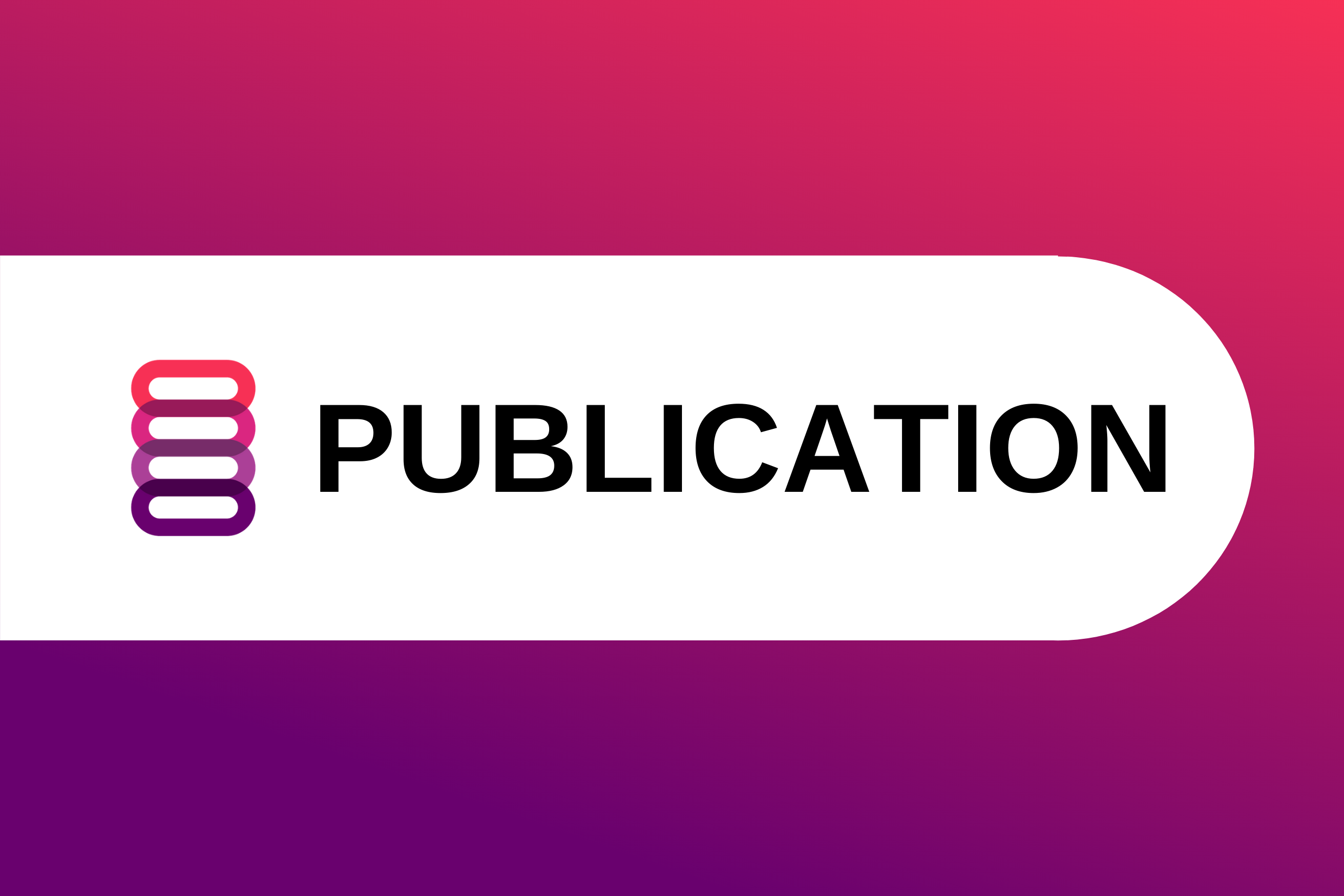If the earnings of women and men who are employed full-time, year-round change at the rate they have between 1959 and 2015, the gender wage gap in the United States will not close until 2059. The wage gap is projected to close first in Florida, with women achieving pay parity with men in 2038. In four states—North Dakota, Utah, Louisiana, and Wyoming—the wage gap will close in the 22nd century.
A girl born in the United States in 2017 has a life expectancy of 87 years.[1] In 2082, when she turns age 65, a wage gap will still remain in 13 states.

Notes: Linear projection based on the rate of progress in closing the gender wage gap since 1959. Projection is based on the ratio of women’s to men’s earnings among full-time, year-round workers aged 16 and older.
Source: IWPR calculations based on the 1960, 1970, 1980, 1990, and 2000 Decennial Census (for the calendar years 1959, 1969, 1979, 1989, and 1999) and the 2001-2015 American Community Surveys (Integrated Public Use Microdata Series, Version 6.0).

Notes: Linear projection based on the rate of progress in closing the gender wage gap since 1959. Projection is based on the ratio of women’s to men’s earnings among full-time, year-round workers aged 16 and older.
Source: IWPR calculations based on the 1960, 1970, 1980, 1990, and 2000 Decennial Census (for the calendar years 1959, 1969, 1979, 1989, and 1999) and the 2001-2015 American Community Surveys (Integrated Public Use Microdata Series, Version 6.0).
[1] Social Security Administration. 2017. “Life Expectancy Calculator.” <https://www.ssa.gov/cgi-bin/longevity.cgi> (accessed March 1, 2017).




